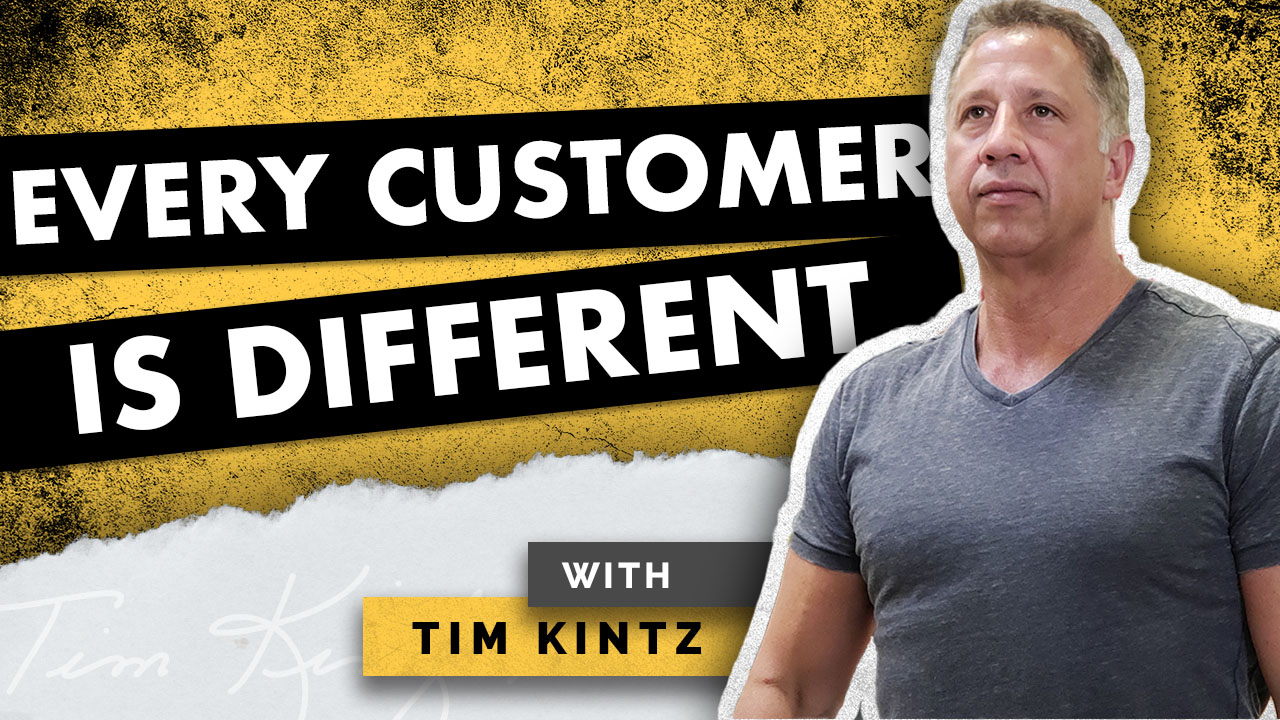Mastering car sales. How do we do it?
Let’s explore what that path to trust looks like from the point of view of a car-dealership customer. Use the process to gain the confidence of any customer and excel in car sales
Every person who walks onto the lot is different, and that’s exactly why car salespeople have to treat them all the same. You simply can’t tell by looking at someone.
The following is adapted from Frictionless:
Getting to Know Your Customer
You can’t know at a glance what a new customer needs or wants. Some may need a car urgently, while others simply want one.
Regardless, your first responsibility is to learn about them, not to overwhelm them with product details. Many customers already come informed, so focus on understanding their buying style. For instance, some decide based on emotions and others use logic and research.
Remember, customers need us to validate their instincts. Do not overload them with information. Think of your last buying experience, and put yourself in their shoes to understand how they’d like to be treated. Ask questions to gauge their research and goals, which will guide your approach
Every Customer Is Nervous About Spending Money
If you figure out your customer’s emotional stance in the first step, you can gauge when to ask questions and when to back off.
For example, when my wife shopped for a car, the salesperson showed her too many choices. This shut down all the excitement and curiosity she had while amplifying her stress and anxiety.
Buyers are there because they want to buy, but it’s your job to validate their excitement and show them how perfect that vehicle is for them. Use what you’ve learned about them to convince them that they made the right choice to show up to your lot that day. Show them you care about their concerns and are willing to work with them to find a deal that serves you both.
Mastering Car Sales
While each customer is unique, their commonalities often matter more. Every buyer has their own motivation, research level, and doubts about the process. But they all share a nervousness about spending, a genuine intention to buy, and a desire to trust their salesperson. By consistently treating every customer with high interest, care, and respect, you’ll earn their trust, ease their worries, and create a path to a win-win deal.
Don’t forget to check out our YouTube channel for more helpful content about winning customer trust!
Tim Kintz is the president of The Kintz Group, the automotive industry’s premier sales and management training company. Tim has delivered hands-on coaching, workshops, and presentations in large cities and rural communities alike. His strategies are relevant and proven to work everywhere cars are sold.













